5 factors why CRM is important for small and medium businesses
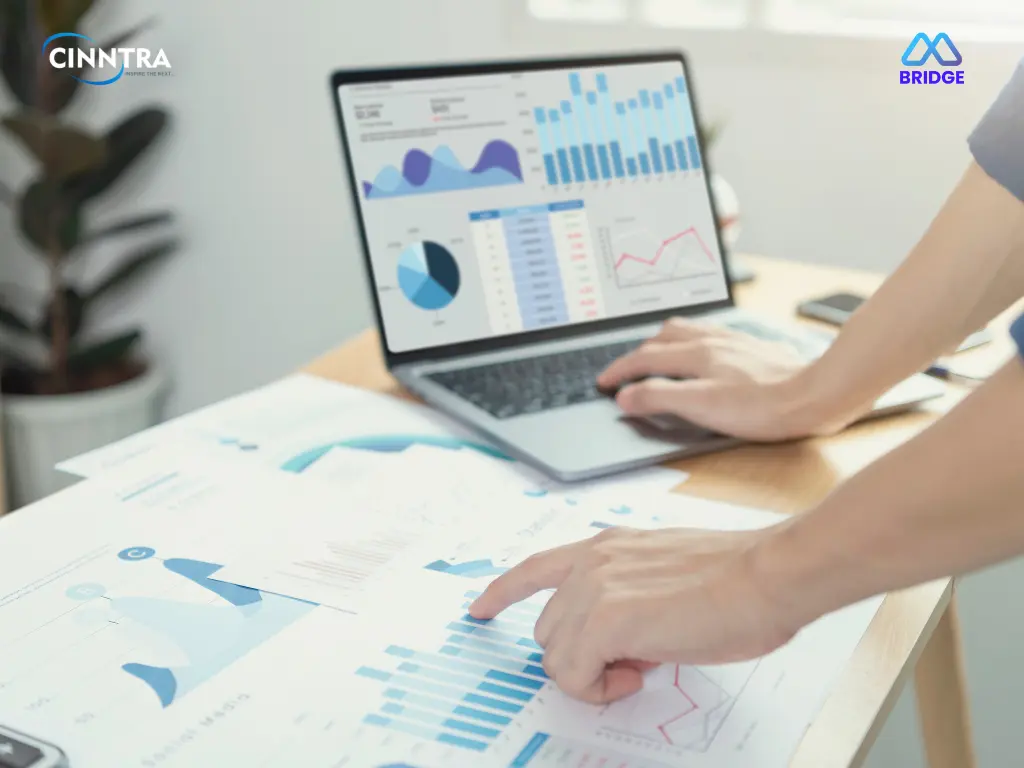
Any business revolves around its customers. Small enterprises are also no different. The lifeblood of your daily operations is the customers who purchase your goods or services.
You wouldn't be able to expand your company, gather insightful feedback, pay your employees, or take that well-earned holiday without them.
No matter what kind of services or goods you provide, customers and clients are constantly seeking a pleasant experience. The requirement of the hour, given the fierce competition, is to seize the chance to increase consumer involvement and establish a loyal customer base. Businesses are installing a customer relationship management system at a breakneck pace to get the outcomes they want.
Most likely, you want to know: "What is CRM?" Client relationship management software records customer contacts over time so you can examine trends and improve customer service. Imagine having a single page with all the details about each consumer.
All of these operations can be made more efficient with the aid of a CRM system.
You'll discover what a CRM system is in this post, along with its main advantages for clients and the reasons your small business needs it.
What is CRM?
Customer relationship management, or CRM, is the abbreviation for a technology or solution that aids businesses in tracking and managing interactions with clients and prospects. In general, it's a database that contains data like first and last names, email addresses, company names, a record of interactions with your company, and so forth.
Your CRM will serve as the main repository for all the data you've accumulated during your client relationships. From the first moment they read a blog article or subscribe to your newsletter through the phone recordings of sales calls and lead qualification, everything will be in one single area. CRM even controls the procedure by providing contracts, invoices, and proposals (with some plug-ins).
Why do you need a CRM system for your small business
Businesses without CRM implementation typically struggle with the following issues:
- Unstructured data
- Spending time on manual updates
- being unable to calculate marketing ROI
- Taking data out of many reports
By implementing a CRM, you can not only address the issues mentioned above but also expand your company. Still not certain that you require a CRM? We've outlined five justifications for why SMBs and MMSMEs require CRM.
1. Establishing a Client Database
All work with customers and leads starts with creating a customer database. You get access to purchase histories, email addresses, phone numbers, and more.
You can gain insights into your customers' behavior when all of your customers' information is kept in one location. You can target those needs in effective marketing efforts that will result in conversions with the aid of the study.
2. Making Contact With Your Audience
The secret to success in every business, small or large, is having a thorough awareness of your customers and their requirements. This will help you get every interaction with a consumer just right.
You can eventually pinpoint and keep track of the choices that clients made during the full sales cycle.
You can utilize this information to enhance every element of your marketing, including social media, email marketing, and website usability and design.
3. Boosting Your Sales
Any effective sales organization must possess the capacity for strategic planning and deft judgment. Using a CRM system enables you to monitor trends and adjust your strategy as necessary.
In order to plan your marketing campaign, you can utilize CRM as forecasting data if you run an online store and need to start a specific campaign.
Using reporting tools like sales dashboards and reports, CRMs let your team gather and arrange information about prospects and transactions.
Your sales team may use the data contained in the CRM to scale your processes as your business grows by using it to spot patterns, determine which sales procedures are effective for your team and which ones should be improved.
4. Developing Successful Marketing Campaigns
You can obtain all the information required to start a successful campaign when you centralize all consumer information in one tool. You can personalize your advertising or utilize the information for remarketing.
Since personalization seeks to offer clients tailored content or offers, it is both highly fashionable and a profitable marketing strategy. It is based on previous website activity, including searches, purchases, and interests.
Recent surveys show that 82% of marketers have noticed a rise in email open rates as a result of customization.
5. Keeping all of your operational data for your business in one location
Software for managing client relationships is used for more than just managing customer data. The same holds true for leading teams. CRM software can also enhance internal processes and workflows because it allows you to centrally store all company-related information, including competitor information, data, corporate statistics, and analytics.
You may directly generate reports and gain insights for your business, your staff, and their client communications rather than keeping everything in several spreadsheets and wasting time searching for them.
Isn't this software necessary?
But remember to choose a software which can be customized according to your needs or else you will be just paying for things your business doesn't need. We have a suggestion for you, Bridge CRM by Cinntra is the first preferred in our list.

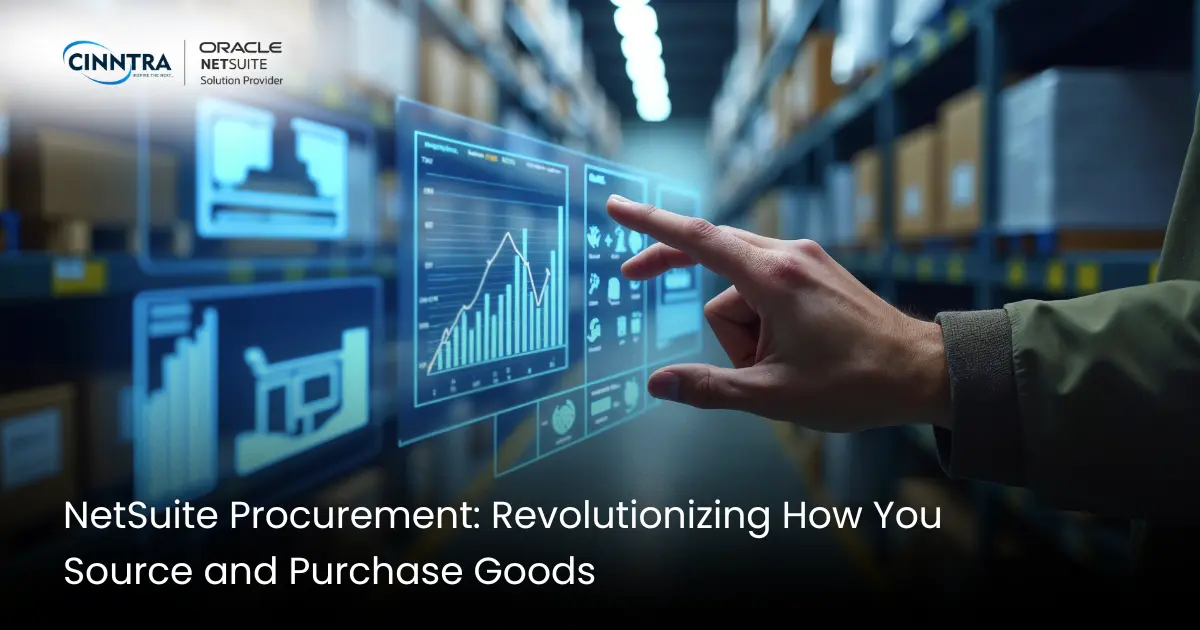
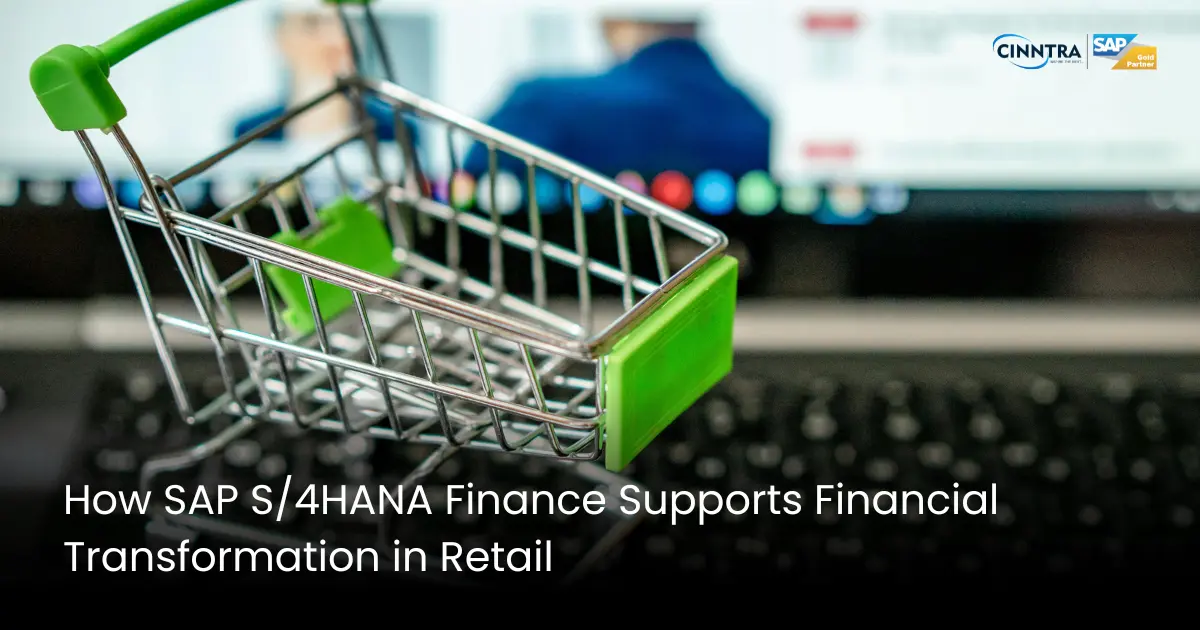

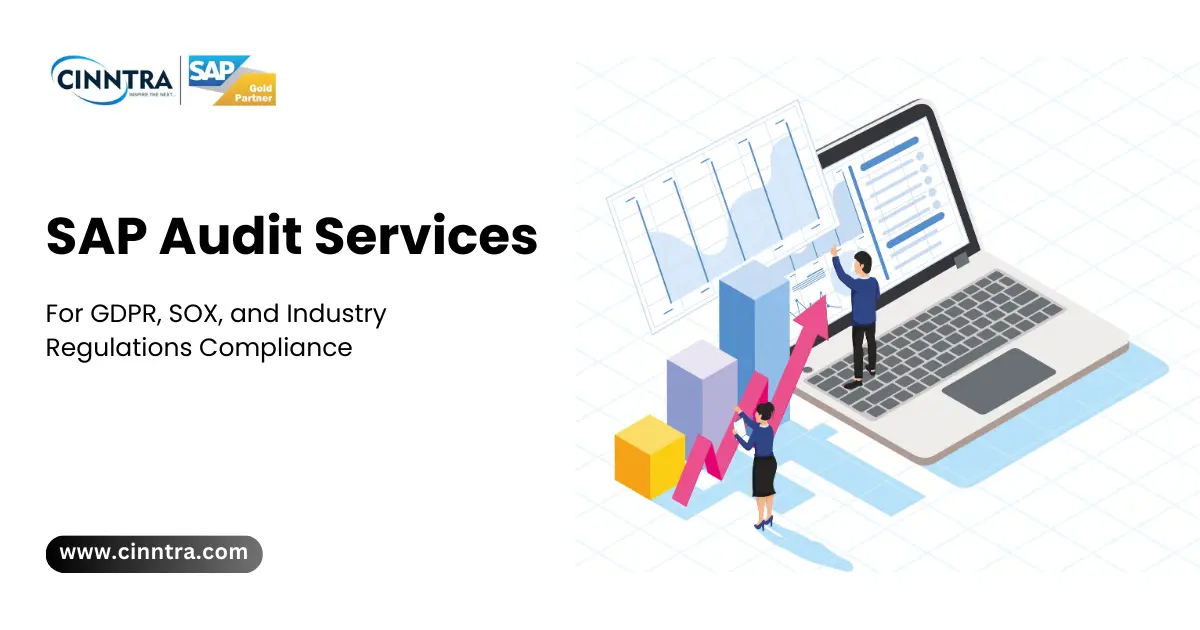
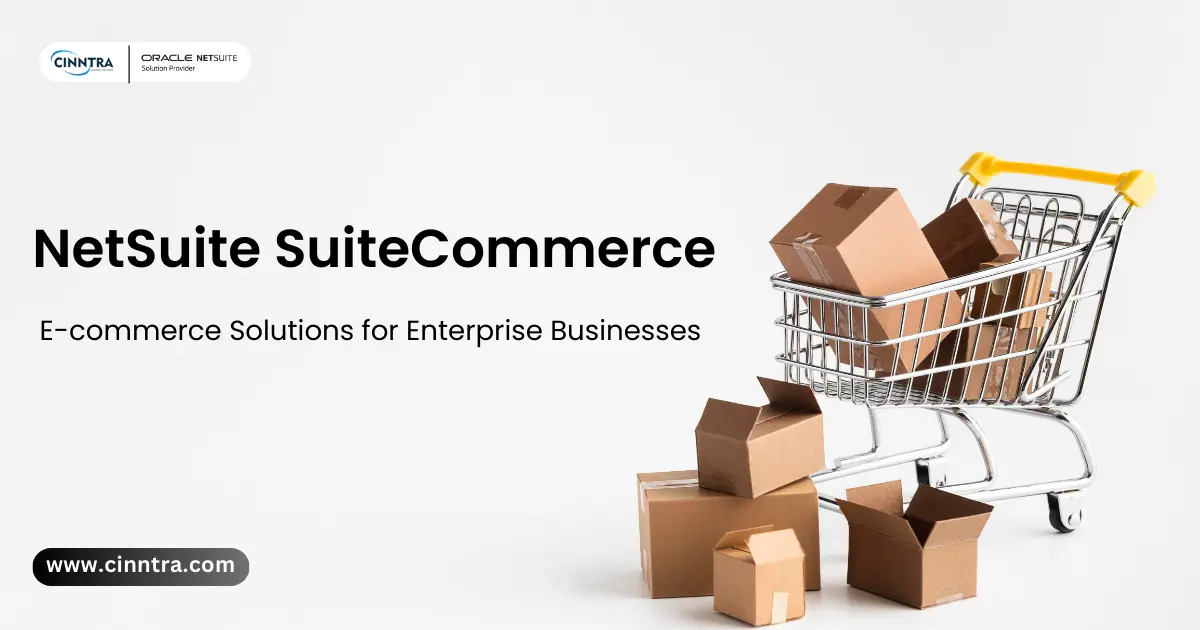
0 Comments